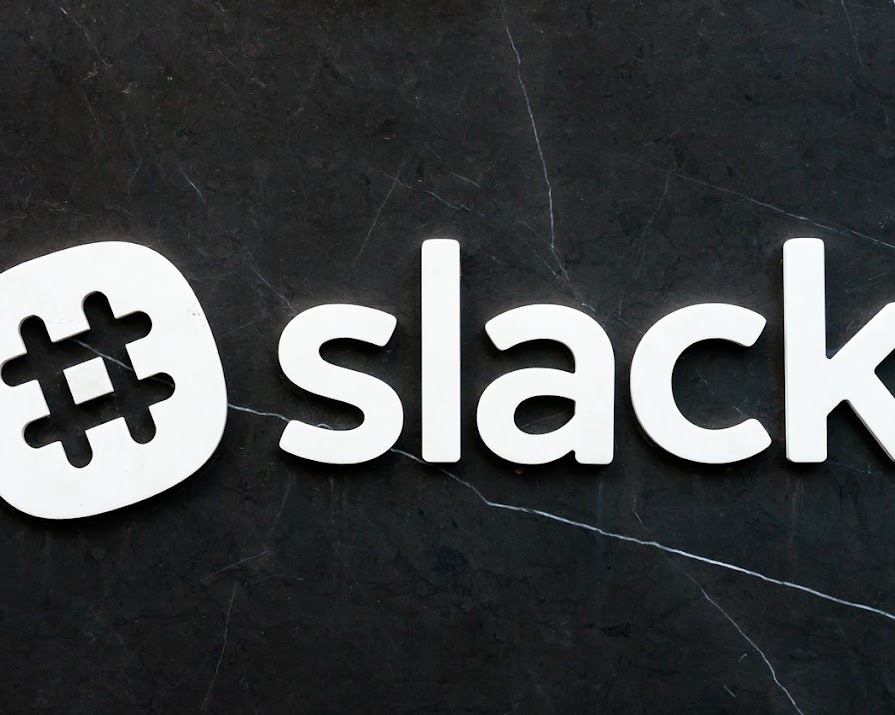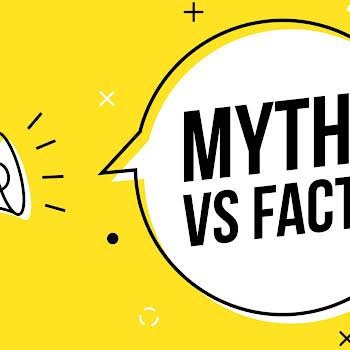
Are women and men spoken to differently at work? Slack will soon be able to tell
By Erin Lindsay
04th Apr 2018
04th Apr 2018
Slack is one of those programmes you never knew you needed until it was there. The instant messaging service for workplaces has become a primary mode of communication for over 50,000 offices worldwide. Slack takes the hassle out of fussy project management systems and replaces it with a totally simple user interface, so it feels like you’re using Facebook Messenger at work (but it still counts as work).
Slack is now taking their platform one step further. Stewart Butterfield (Slack CEO) announced in an interview with Quartz at Work that Slack will use their data to develop tools to analyse whether women and men are spoken to differently via the messaging service. Essentially, Slack will be able to tell if you were being mansplained to.
Slack will be able to provide users with individual data on how their communication style changes when talking to colleagues, which may help people to rectify subtle differences.
A large concern, however, especially with recent developments around social media and Cambridge Analytica, is privacy. Does Slack have the right to analyse our private work conversations? Or to point out perceived bias when we didn’t ask for it? Butterfield has admitted that it is a grey area, but that much of the permissions they use are already approved by employer and employee. Speaking to Quartz at Work, he said: “We’re a bit stuck in the middle on these conversations about access to information because most of our large corporate customers have employee provisions which already grant them the right to access all employee communications.”
According to Butterfield, the ends would justify the means, as the information from the analysis would be invaluable for companies looking to improve their diversity and equality levels. He explains “If the result of that [data] is not ‘Hey, it turns out you’re a jerk and we’re firing you,’ but ‘Hey, it turns out we’ve identified some set of problems around communication, or management structure or organizational design, which inhibits the kind of progress we want to make, and therefore we’re going to rectify them,’ that’s a good thing”.
While Slack is a relatively new service with minimal research thus far into how people communicate on it, there has been plenty of research into how women and men differ in their communication methods, both online and in real life. According to Linkedin, women tend to use more apologetic language and are softer in their approach to management while men are more direct and blunt. This is obviously not true for everyone, but it does come as a result of generations of gender bias for the majority of employees.
Online messaging for the office can play a huge part in bridging the gap, eliminating interruptions, louder voices and other micro-aggressions that the boardroom sees all too often. However, outside bias can still permeate online, as our language patterns and habits translate to our internet conversations. Slack has aimed to play its part in rectifying this, saying that their research into how users communicate with colleagues of different demographics will encourage more diverse and equal workplaces.























